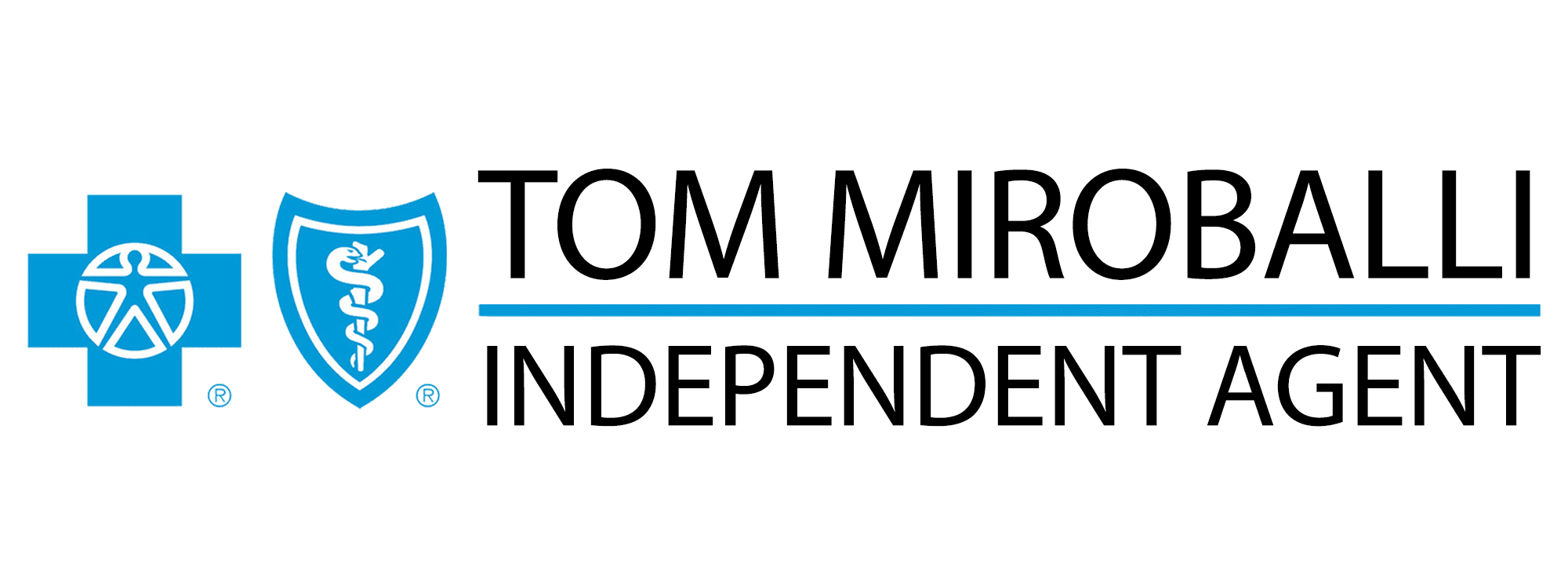Unless you work in the healthcare or insurance industry, understanding all the different terminology associated with a health insurance plan can go from confusing to overwhelming. What’s the difference between Medicare and Medicare Supplement? Are deductibles the same thing as copayments? What does PPO stand for? Below is a quick breakdown of common health insurance terms that you need to know.
Medicare
According to U.S. Department of Health & Human Services, Medicare is a health insurance program offered by the federal government that provides a set service coverage for people over 65 or with a severe disability, regardless of income. Medicare covers different services and is primarily broken up into two parts. “Part A” focuses more on hospital visits, hospice care, care in a skilled nursing facility, and some home health care. “Part B” covers certain doctors’ services, medical supplies, outpatient care, and preventative services.
Medicare Supplement
If you’re eligible for Medicare, that doesn’t guarantee that you’ll have access to both Part A and Part B coverage. If you find that you’re only covered by one of the two parts, Medicare Supplement plans offers the coverage you may otherwise be lacking. These plans can help with unexpected costs or copayments that otherwise would be incredibly expensive.
Deductibles & Copayments
A deductible is “the amount you pay for covered health care services before your insurance plan starts to pay. With a $2,000 deductible, for example, you pay the first $2,000 of covered services yourself.” Some plans offer copayments, or “co-pay”, which allows you to pay a set amount (or a set percentage in the case of coinsurance) instead of the full cost of a service or prescription, and your insurance provider pays the rest.


